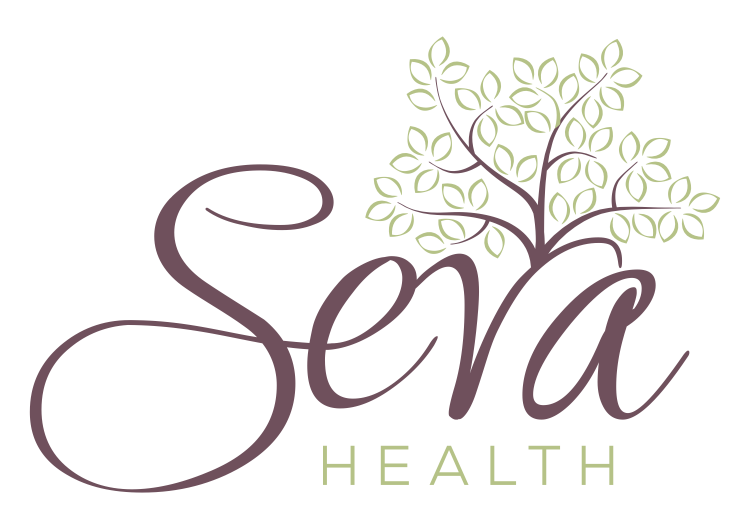
26 Mar Healing Gut Dysbiosis Through Nutrition: Restoring Balance From Within
Have you ever heard the gut referred to as the body’s “second brain”? Your gut microbiome has a powerful influence on various aspects of health. The trillions of microorganisms living in your digestive system play essential roles in digestion, immunity, mental health, skin health, and more. But when this delicate ecosystem falls out of balance, a condition known as gut dysbiosis can arise, leading to a range of symptoms.
If you’ve been diagnosed with gut dysbiosis, or you suspect that your gut health is off track, you may be wondering what steps to take. The food you eat can be a powerful tool in restoring balance to your gut microbiome.
Understanding Gut Dysbiosis
Gut dysbiosis occurs when there is an imbalance between beneficial and harmful microbes in your digestive system. A healthy gut microbiome consists of a diverse mix of bacteria, viruses, and fungi that work together to support digestion, nutrient absorption, and immune function. However, factors like poor diet, stress, antibiotics, and environmental toxins can disrupt this balance, leading to dysbiosis.
Recognizing the Signs of Gut Dysbiosis
Since gut dysbiosis can manifest in various ways, it can be difficult to pinpoint. Some of the most common symptoms include:
- Digestive distress: Bloating, gas, diarrhea, constipation, heartburn, or acid reflux
- Mental health concerns: Anxiety, depression, brain fog, or difficulty concentrating
- Skin conditions: Acne, eczema, or rosacea
- Unexplained changes in weight: Unexpected weight gain or loss
- Food intolerances: New sensitivities to foods that previously caused no issues
- Chronic fatigue and joint pain: Feeling persistently tired or experiencing unexplained joint aches
- Autoimmune reactions: Weakened immune function or development of autoimmune conditions
How to Restore Gut Balance Through Food
The good news is that you can take steps to rebalance your gut microbiome through diet. Incorporating the right foods while eliminating harmful ones can help your body naturally heal from dysbiosis.
Probiotics: Replenishing Good Bacteria
Probiotics introduce beneficial bacteria into your gut, helping to restore balance. You can find probiotics in foods like:
- Yogurt (with live and active cultures)
- Kefir
- Kimchi
- Miso
- Sauerkraut
Prebiotics: Feeding Your Gut’s Good Bacteria
Prebiotics are fiber-rich foods that nourish the beneficial bacteria already present in your gut. Some excellent sources include:
- Garlic
- Onions
- Bananas
- Asparagus
- Leeks
Digestive Enzymes: Supporting Digestion
Digestive enzymes, either naturally occurring in foods or taken as supplements, help break down food and improve nutrient absorption. This can ease symptoms like bloating and discomfort. Pineapple (which contains bromelain) and papaya (which contains papain) are great natural sources.
Dietary Adjustments: Eliminating Triggers and Nourishing Your Gut
Certain foods can exacerbate gut dysbiosis, while others can promote healing. Consider these dietary changes:
- Limit processed foods, artificial sweeteners, and excessive alcohol, as they can disrupt gut bacteria.
- Incorporate high-fiber foods such as whole grains, legumes, and vegetables to support gut motility and microbial diversity.
- Consume polyphenol-rich foods like green tea, berries, and dark chocolate, which act as antioxidants and support gut health.
- Increase omega-3 fatty acids found in salmon, walnuts, and flaxseeds, which help reduce gut inflammation.
Managing Stress for a Healthier Gut
Did you know that stress can negatively impact your gut microbiome? Chronic stress can lead to an overgrowth of harmful bacteria, worsening dysbiosis. To promote gut healing, consider:
- Practicing mindfulness or meditation
- Engaging in regular physical activity
- Getting quality sleep
- Seeking support from a mental health professional for stress management techniques
The Path to a Healthier Gut Starts Today
Healing gut dysbiosis takes time, but by making mindful dietary choices and managing stress, you can support your gut microbiome and improve your overall health. Small, consistent changes can lead to significant improvements, helping you feel more energized, balanced, and resilient.
If you’re ready to take control of your gut health, start by incorporating gut-friendly foods into your diet today. With patience and persistence, your body will thank you!
Unlock Better Brain & Gut Health Through Lifestyle Medicine
Your gut and brain are deeply connected, and your nutrition plays a powerful role in mental clarity, mood balance, and overall well-being. By making mindful, informed choices, you can improve digestion, boost energy, and support long-term cognitive function.





Your health starts from within. By making small, intentional changes to your diet and lifestyle, you can restore balance, boost energy, and enhance both gut and brain function. Ready to take the next step? Let’s create a plan that works for you!


No Comments